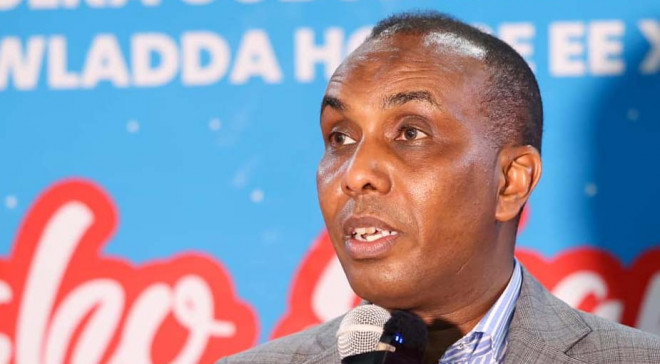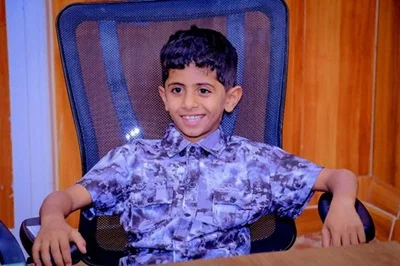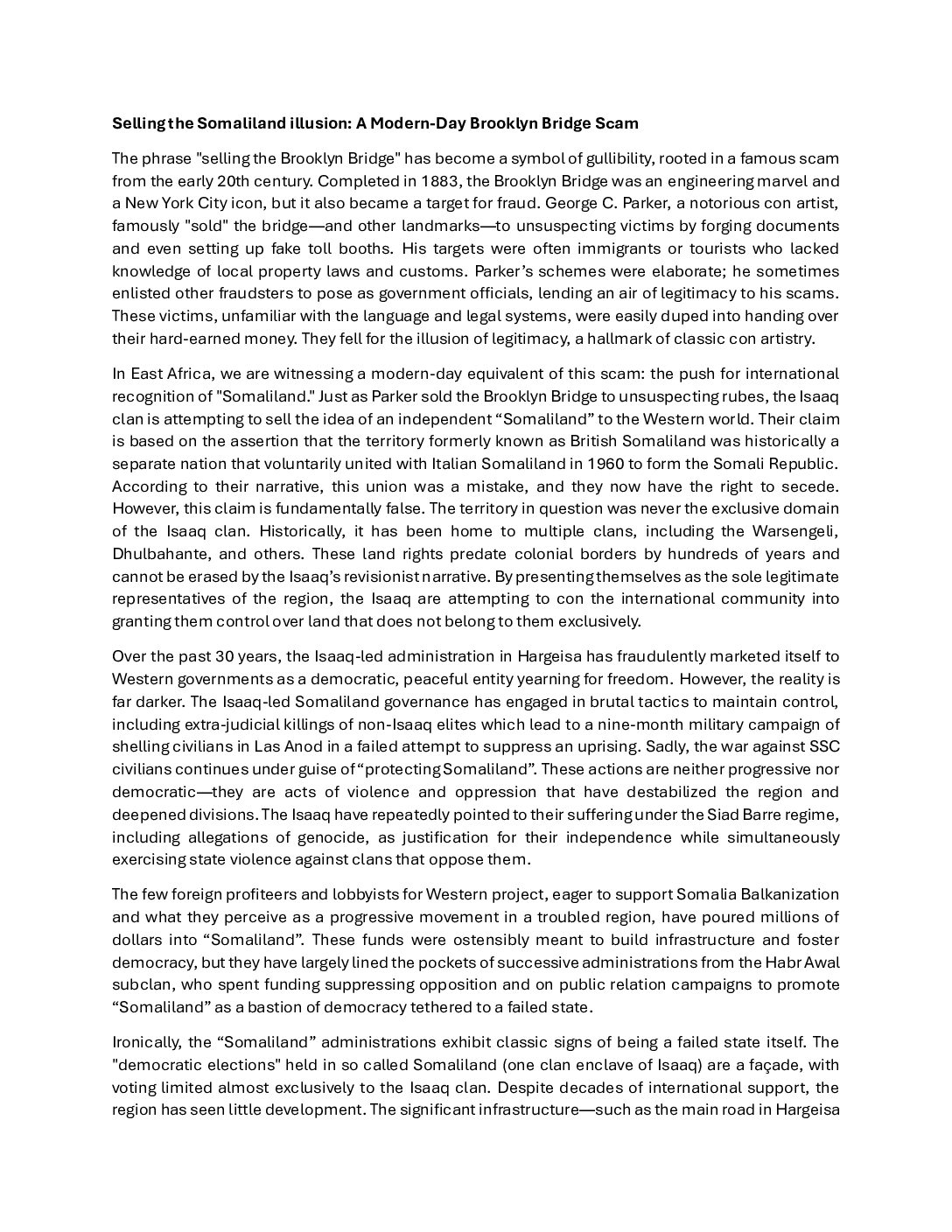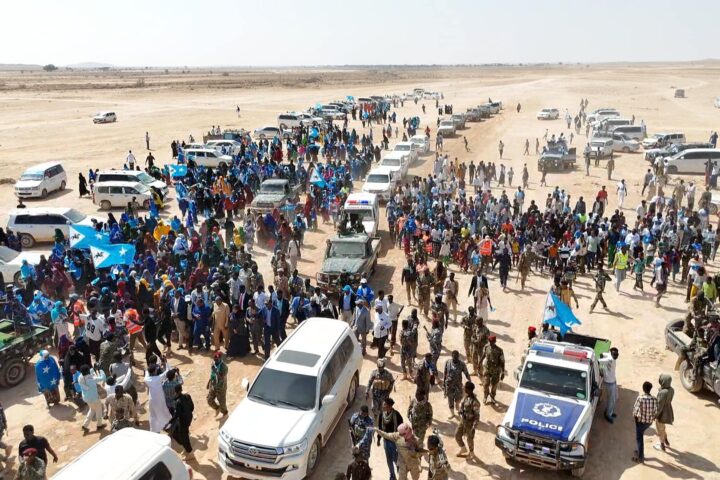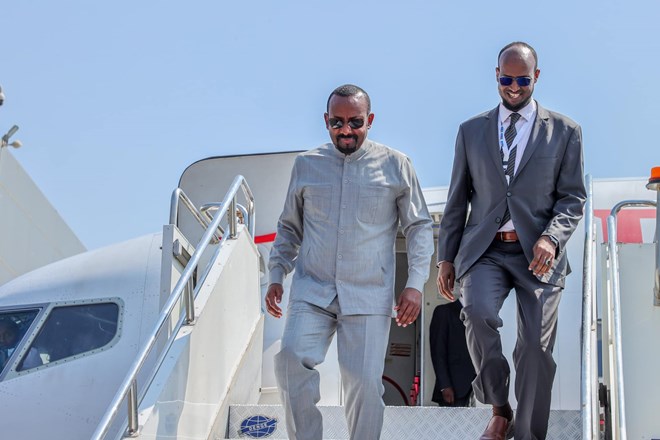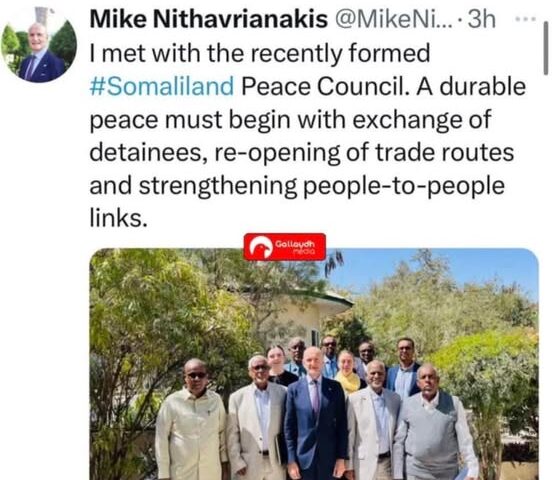Despite being relegated to the margins of global headlines, the recent African Union (AU) summit in Addis Ababa resulted in a significant transformation inside the continent’s foremost multilateral organization.
Mahmoud Ali Youssouf was appointed as the leader of the African Union’s executive commission, succeeding the departing Moussa Faki from Chad. Youssouf is the inaugural individual from the East Africa area to preside over the African Union Commission (AUC). Youssouf, Djibouti’s foreign minister since 2005, possesses unparalleled experience.
Youssouf was afforded a slim opportunity to triumph over seasoned Kenyan politician Raila Odinga in an election designated for a new leader from East Africa.
“The contest was between a politician and a diplomat, and it was exceedingly challenging.” According to Solomon Muchie of DW, who reports on the African Union in Addis Ababa, the vote proceeded to the seventh round.
But Youssouf secured the requisite approval of two-thirds of the region’s leaders to secure the seat and represent some 1.5 billion Africans throughout the continent. Selma Malika Haddadi, Algeria’s ambassador to the AU, surpassed contenders from Egypt and Morocco.
Youssouf, who knows Arabic, English, and French, now faces the terrible challenge of serving an African continent that is seeing as much armed violence as it did in the post-Cold War era of the 1990s.
“If they share a unified perspective, they may be capable of formulating a collective agenda; however, this is a formidable challenge,” states Kenyan analyst Macharia Munene, a professor of history and international affairs.
AUC is a prized position for Djibouti.
“Djibouti is a small but very critical state in this region,” Muchie adds, pointing out that the United States, China, France, Italy, and Japan all have military bases in Djibouti.
“This is also the corridor for Asia, Europe, and Africa trade routes,” he adds.
For AU host Ethiopia, having a Djiboutian at the helm could also be useful.
Asked if host Ethiopia had a dilemma in choosing between Youssouf and Odinga, Dareskedar Taye, an Ethiopian expert at the Institute of Foreign Affairs, told DW it was excellent that Youssouf came from the Horn of Africa.
“If effort and desire are added in improving Ethiopia’s relationship with Djibouti from its current level, I think this can be good,” he told DW.
Taye stated that although Ethiopia maintains connections with Kenya, “Djibouti is our only way-out country in terms of port access.”
Munene said it was “no surprise” that Youssouf defeated senior Kenyan politician Raila Odinga. Aside from worries about dealing with Kenyan MPs or Odinga personally, Macharia says the positions that Kenya has taken recently are counter to AU interests.
“The fact that Kenya is hosting the rebel side of the Sudanese civil war, of course, will make some other countries very unhappy,” he told DW, referring to a meeting held this week in Nairobi, where Sudan’s rebel group, the Rapid Support Forces (RSF), are preparing to establish a rival administration. The meeting provoked Sudan’s government, controlled by the Sudanese Armed Forces, to recall their representative to Kenya.
Severe headwinds expected
While the AU conference was proceeding, many leaders in Western democracies were concerned with the events developing at the Munich Security Conference. Since the end of the Cold War, the US had been the North Star for values of multilateralism, democracy, and rules-based diplomacy. But then a spate of pronouncements from American officials arrived, hinting that Europe would have to take care of its own security. This, paired with the Trump administration opting out of the Paris Climate Agreement, the World Health Organization, and missing the G20 gathering in South Africa, means Western democracies will likely turn inward.
“It is expected that the aid and support provided to the African Union from Western countries will decrease significantly,” Dareskedar Taye told DW. For background, the European Union provides more than half of the AU’s annual budget, while the AU relies on external funding for two-thirds of its budget. In 2022, the EU’s European Peace Facility donated €600 million to the AU for peace missions.
Often regarded as an organization for African leaders rather than African people, the AU strives for credibility while being the only group of its magnitude in Africa.
“The AU requires institutional reform since the African Union is not accomplishing much for Africans. For example, the financial capacity is weak. Now, new leaders have come forward; maybe they can fix it,” Dareskedar Taye remarked.
Munene told DW the AU’s ineffectiveness lay not just in a lack of sufficient funding: “It first needs to resolve internal divisions, some of them ideological, others simply personal disputes.”
Without solving these challenges first, Macharia argues it is hard to envisage the AU efficiently addressing “big problems right now, like Sudan and the DR Congo.”
Widening conflicts and reparations
There are severe armed conflicts across Africa that show no signs of stopping. There is a two-year civil war in Sudan between the Sudanese Army and the RSF, and continuous Islamist insurgencies in the Sahel region. Warfare in the eastern Democratic Republic of Congo and gains made by the Rwanda-backed M23 threaten to launch a regional war equal in scope to warfare last seen in the late 1990s. And this is before problems like economic instability and the increasingly deadly repercussions of climate change get attention.
The AU has named 2025 a year of focus for “Justice for Africans and People of African Descent Through Reparations.”
“The idea of reparations has been around for a long time, and it’s a nice PR issue. The implementation of it, of course, is a significant difficulty,” Munene told DW.
He sees difficulty in getting European countries, which have seen a surge in far-right populism, to agree to any type of restitution. The United States, where many of the African diaspora, whose ancestors were enslaved by European and American companies, dwell, has also been “cutting, cutting, cutting” help, Munene said.
The downsizing of USAID has already left a major financial deficit in several programs across Africa. And although some observers have questioned the timing of the AU’s call for reparations, others have suggested now is the opportune time for European countries searching for allies in the aftermath of the Trump administration’s America First foreign policy to negotiate deals with former African colonies. It is considered that kinds of reparations or compensation might make this process simpler.

